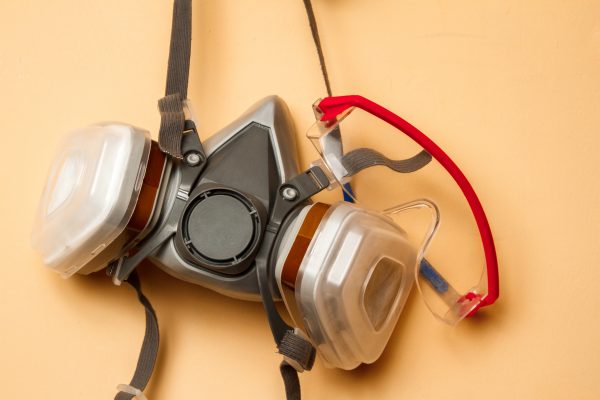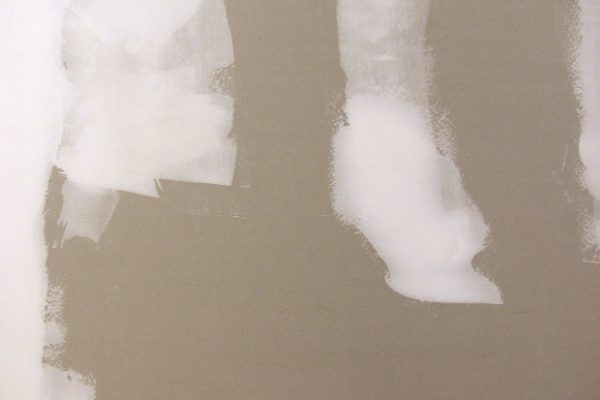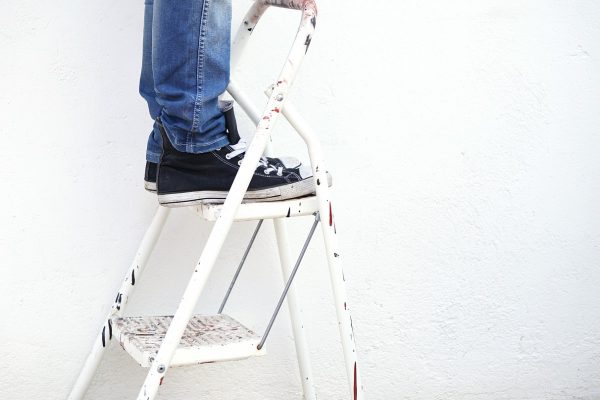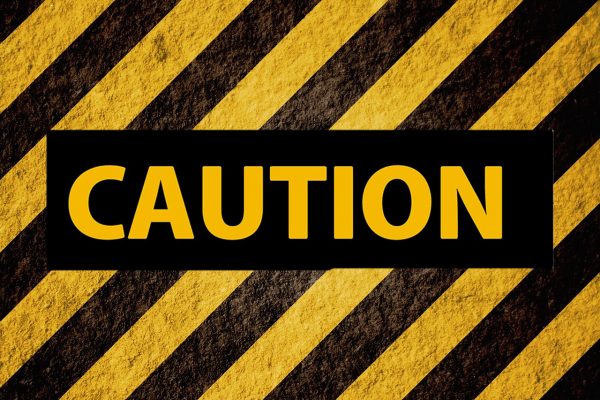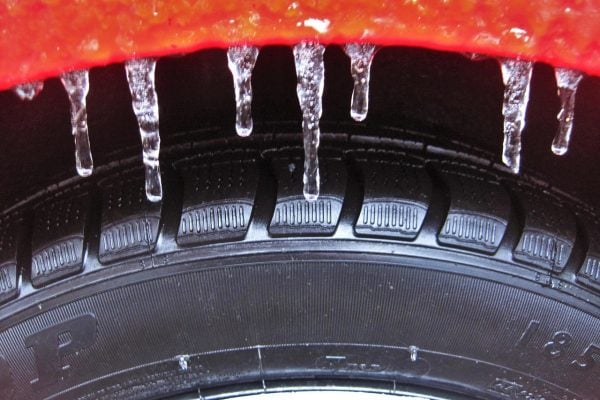Factors that contribute to cold stress include: Wetness/dampness (from sweat or water) Dressing improperly Fatigue Cold water immersion
Quick Tips
Replace respirator filters when they are damaged or soiled Do not clean respirator with solvents. Rinse with clean water or a disinfectant followed by clean water Store respirator in a... read more →
Only lift one sheet at a time Plan ahead to minimize the need to move drywall sheets Use drywall lifting tools and equipment, where possible
Refrain from using damaged step ladders. Check for cracks, corroded rivets, and feet in poor condition Ensure all feet are on a level, non-slippery surface Face the step ladder, when... read more →
Always check machinery and controls prior to beginning work Prior to working on equipment, ensure that the machine is in park and switched off Always use seat belts
Ensure the use of appropriate PPE (Personal Protective Equipment), including: Eye Protection Hearing Protection Respirator (when required) Keep cords away from cutting area Keep hair, loose clothing, and jewellery out... read more →
Hydrogen sulphide is a toxic, colourless gas that smells of rotten eggs. It is extremely flammable, and may explode if heated. Routes of exposure include: Inhalation Skim contact Eye Contact
Noise-Induced Hearing Loss is caused by either (a) exposure to an extremely loud burst of sound Examples: gunshot, explosion (b) continuous exposure to loud sounds over an extended period of time... read more →
Maintain a safe distance behind other vehicles. Remember that it may take longer to stop (due to ice and snow), so take that into consideration when following other vehicles Drive... read more →
When installing hardwood flooring, be aware that some adhesives, varnishes, and sealers can produce inhalation hazards. Exposure to these hazards can have adverse health effects. Take the following steps to reduce... read more →


